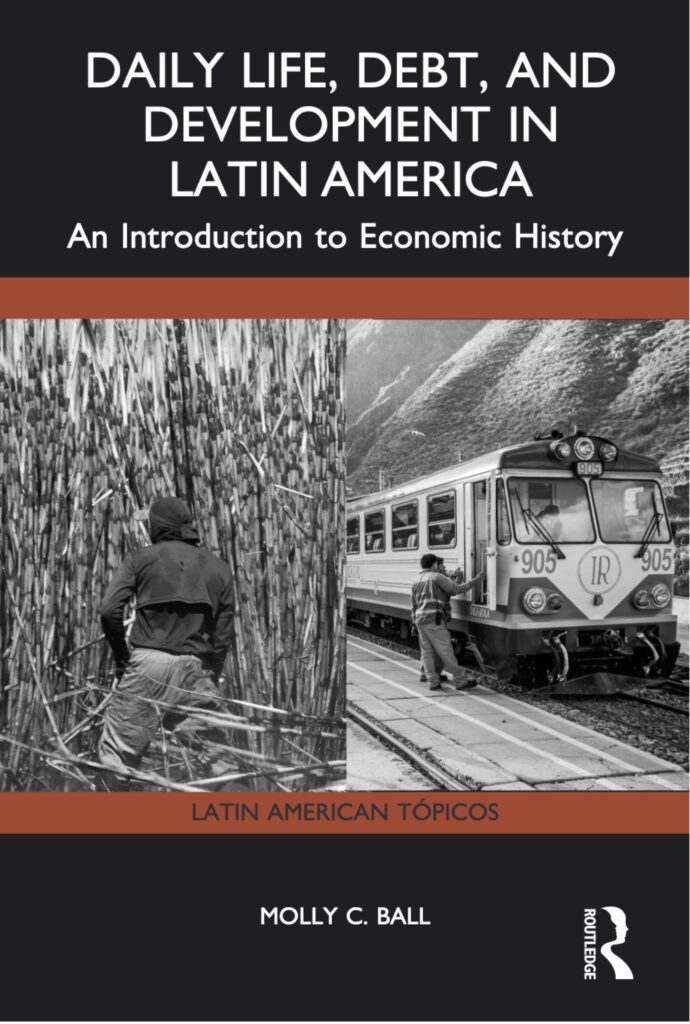My research explores everyday experiences and choices from working-class individuals and families, including questions of (im)migration. Methodologically, I bring social and economic history into concert to examine both how people adapted to economic constraints and opportunities and how, when considered collectively, these singular decisions affected larger trends. In centering these individuals, my research also calls us to reexamine development. How can we use our current understanding of development to better understand past lives? What did marginalized groups in the past prioritize when it came to development?
My current monograph research project, “Pushing Past GDP: Quality of Life as a Woman’s Measure,” embraces feminist economic history. I explore alternative measures, such as neonatal birth outcomes and school attendance rates, in Latin America to provide insight women’s changing standards 0f living in the 20th century. This project addresses data constraints that often limit historic measurement of Latin American standards of living. It does so by foregrounding women’s health and lived experiences with special attention to the perceptions and constraints facing women.
My first monograph, Navigating Life and Work in Old Republic São Paulo (University of Florida Press, 2020), investigates this dynamic in São Paulo, Brazil between 1891 and 1930. I demonstrate the varying effects of discrimination, rapid urbanization, and World War I among the city’s growing population along racial, ethnic, national, and gender lines. While the period provided opportunity for white Brazilian and immigrant men, World War I cut short important development advancements among the working class. Read about the writing process here.
Selected Reviews:
- H-Net review by Cassia Roth in H-Nationalism.
- Review by Francisco Vidal Luna in Hispanic American Historical Review.
My textbook An Introduction to Latin American Economic History: Daily Life, Debt, and Development, part of Routledge’s Latin America Tópicos series, will be available Open Access in early 2025. The book serves as both an accessible and short introduction to economic history for the non-economic historian and an introduction to Latin American history for the non-Latin Americanist.


Understanding (im)migration and the dynamics between (im)migrants and their local community (which often includes other (im)migrant groups) is key to understanding many people’s everyday lives and motivations. I have thus, developed digital scholarship, often in conjunction with community-engaged partnerships, that highlights historic (im)migration. The “Spirit of the Pythodd” and “Historically Clarissa” (forthcoming in March 2024)” are two examples of this scholarship. I was also an active member of the University of Rochester’s “Unbordering Migration in the Americas” Sawyer seminar series grant committee from 2020/2022. These events were generously supported by Andrew Mellon Foundation.